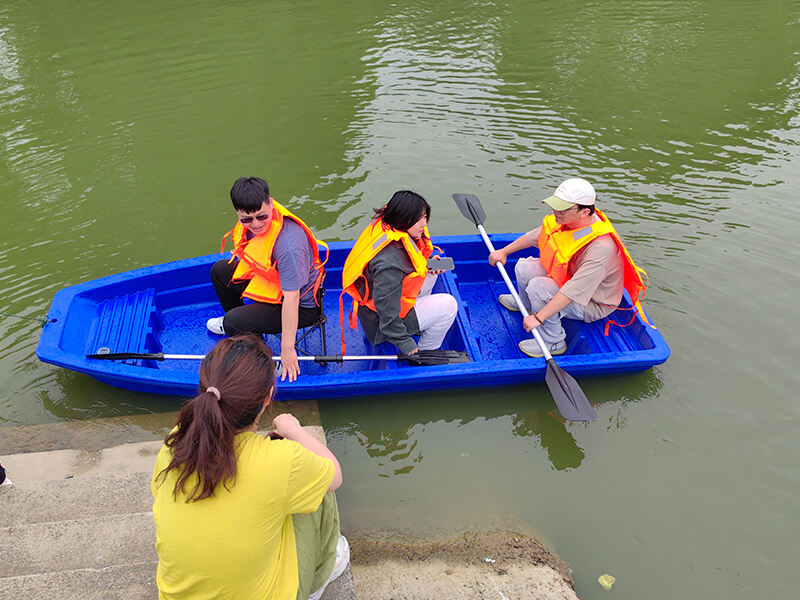Are Plastic Boats Good? Exploring the Pros and Cons for Modern Boating
When it comes to choosing a boat, materials matter. While traditional options like wood, aluminum, and fiberglass have long dominated the market, plastic boats—often made from high-density polyethylene (HDPE) or rotomolded plastics—are gaining traction worldwide.
But are they truly a reliable choice?
Let’s dive into the advantages and limitations of plastic boats to help you decide if they’re the right fit for your needs.
1.Unmatched Durability
Plastic boats, especially those made from HDPE, are virtually indestructible. Unlike wood, they won’t rot, and unlike aluminum, they resist dents and corrosion. Their rugged construction can withstand impacts, UV exposure, and harsh marine environments, making them ideal for everything from fishing trips to rugged commercial use.
2.Lightweight & Easy to Transport
Plastic’s lightweight nature simplifies launching, towing, and handling. For international buyers, this also means lower shipping costs compared to heavier materials—a key advantage for businesses importing or exporting boats.
3.Low Maintenance
Forget sanding, painting, or treating for rust. Plastic boats require minimal upkeep. A quick rinse with fresh water is often all that’s needed, saving time and money over the long term.
4.Eco-Friendly Options
Many modern plastic boats are made from recyclable materials, aligning with global sustainability trends. Brands are increasingly using recycled plastics, appealing to environmentally conscious consumers and businesses.
5.Design Flexibility
Rotomolding technology allows for seamless, customizable designs. Plastic boats can be molded into ergonomic shapes with integrated features like storage compartments, fishing rod holders, or non-slip decks.
6.Cost-Effective
Plastic boats are generally more affordable than fiberglass or wooden counterparts. Their durability also translates to a longer lifespan, offering better ROI for resellers and end-users alike.
7.Potential Drawbacks to Consider
Heat Sensitivity: Prolonged exposure to extreme heat can warp cheaper plastics. However, high-quality HDPE boats are engineered to withstand temperatures up to 120°C (248°F), minimizing this risk.
8.Performance in Extreme Conditions
While perfect for calm waters and moderate use, plastic boats may lack the speed or rigidity of fiberglass in rough offshore environments.
These limitations are minor compared to the benefits for most users. Advances in material science continue to close the gap, making modern plastic boats a versatile choice.
Who Should Choose a Plastic Boat?
Plastic boats shine in scenarios where practicality and affordability are priorities:
Recreational boating: Kayaks, canoes, and small fishing boats.
Commercial use: Durable workboats for harbors, aquaculture, or rescue operations.
Rental fleets: Low-maintenance, long-lasting options for tourism businesses.
Conclusion: Plastic Boats Are a Smart Investment
For buyers seeking a cost-effective, low-maintenance, and eco-friendly vessel, plastic boats are an excellent choice. While they may not replace specialized high-performance craft, their durability and versatility make them a practical solution for most everyday applications.
At [Your Company Name], we supply premium rotomolded plastic boats designed to meet global standards. Whether you’re a distributor, retailer, or marina operator, explore our catalog to discover boats built to last.
Ready to ride the plastic wave? [Contact us today] for bulk orders or custom designs!

 EN
EN
 AR
AR CS
CS DA
DA NL
NL FI
FI FR
FR DE
DE EL
EL HI
HI IT
IT JA
JA KO
KO NO
NO PL
PL PT
PT RU
RU ES
ES SV
SV TL
TL ID
ID SR
SR UK
UK VI
VI SQ
SQ HU
HU TH
TH TR
TR MS
MS IS
IS BN
BN LO
LO MN
MN NE
NE MY
MY UZ
UZ KY
KY


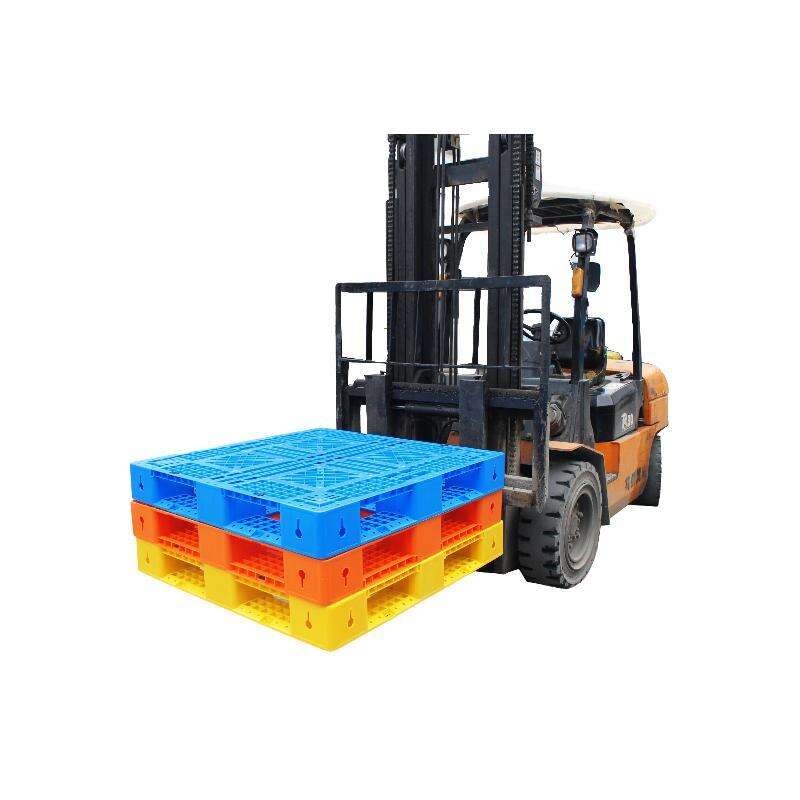 Plastic Pallets
Plastic Pallets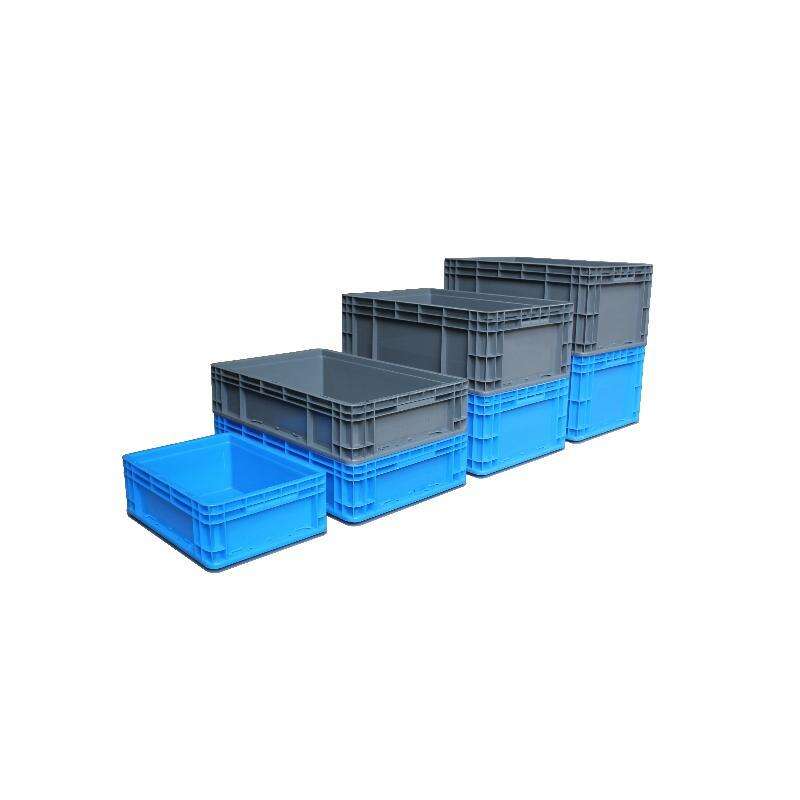 Logistics Box
Logistics Box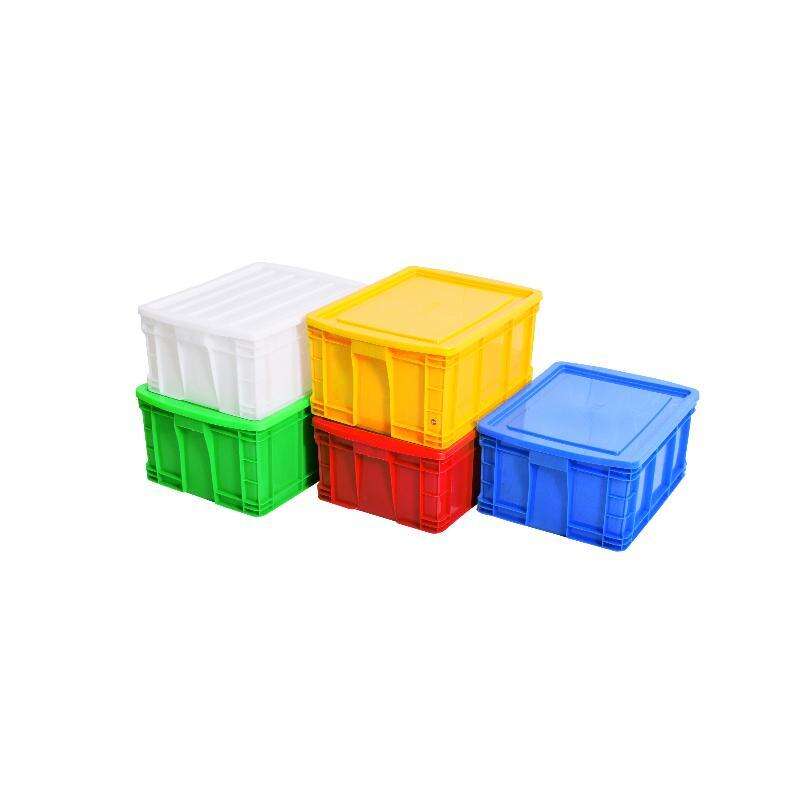 Plastic Crates
Plastic Crates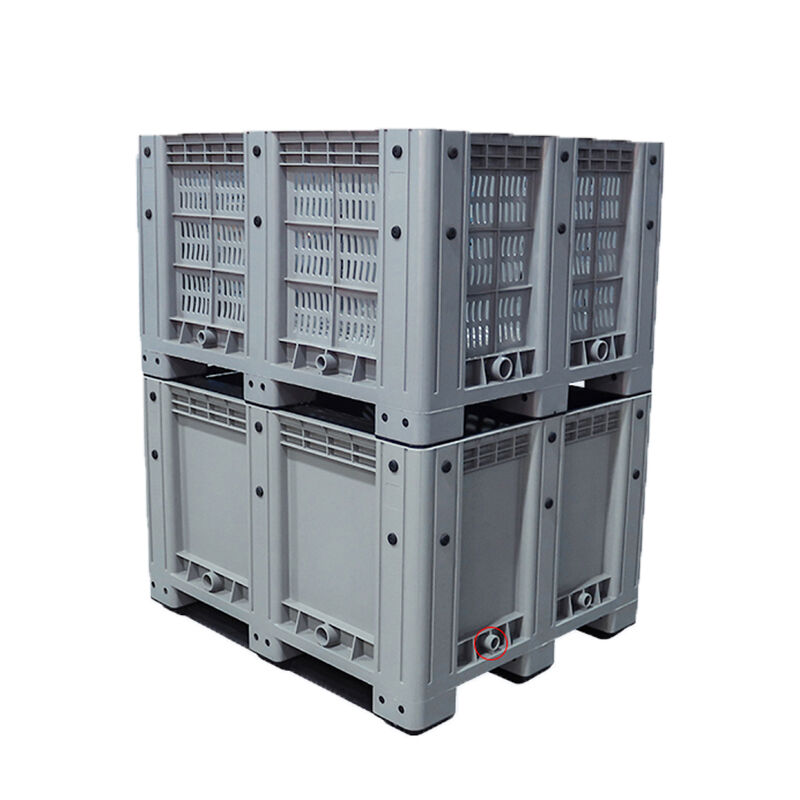 Bulk Containers
Bulk Containers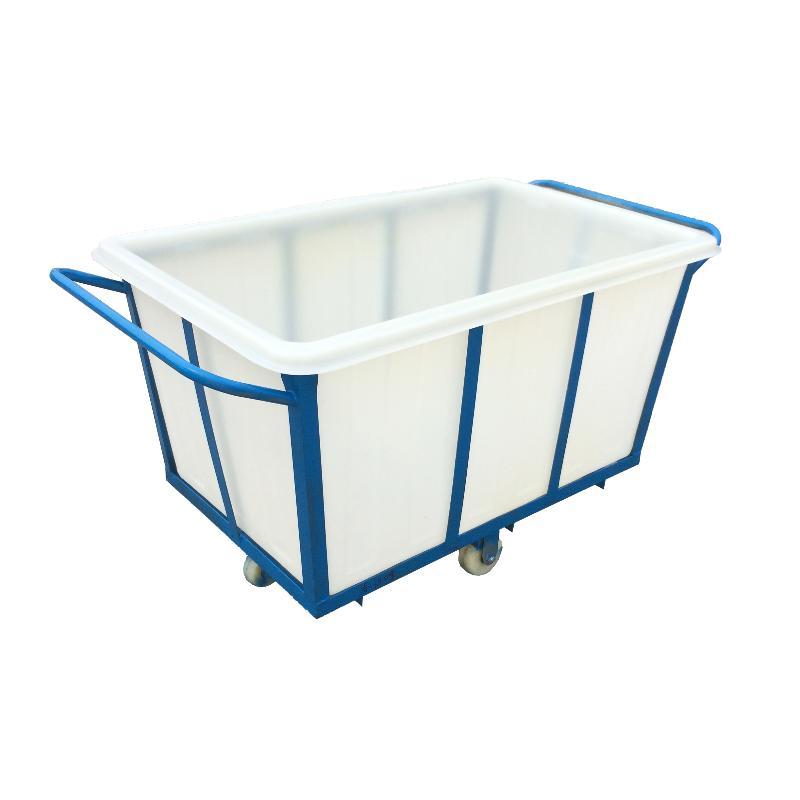 Trolly Cart
Trolly Cart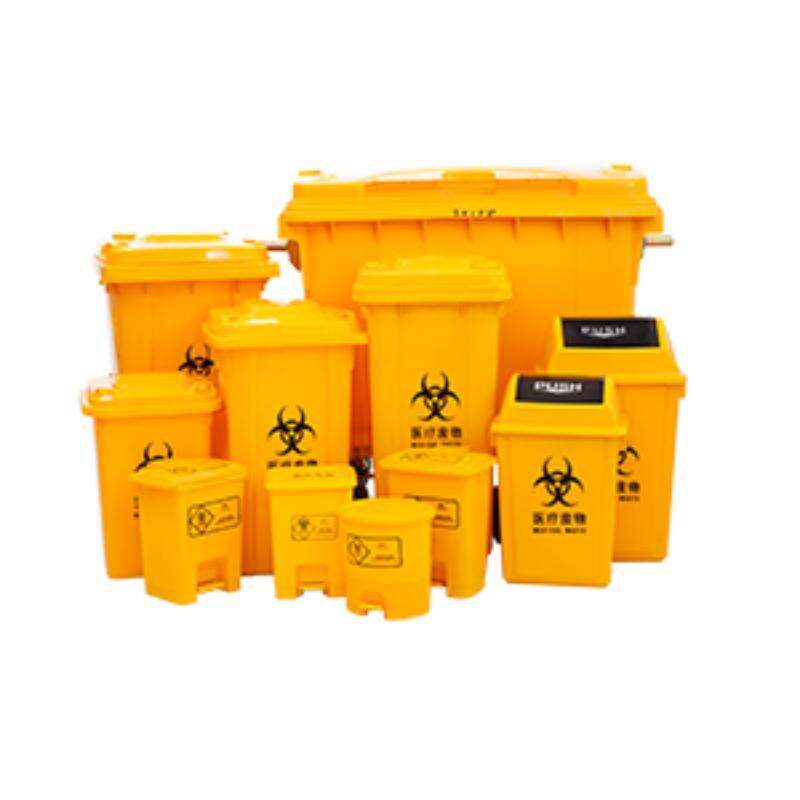 Waste Bins
Waste Bins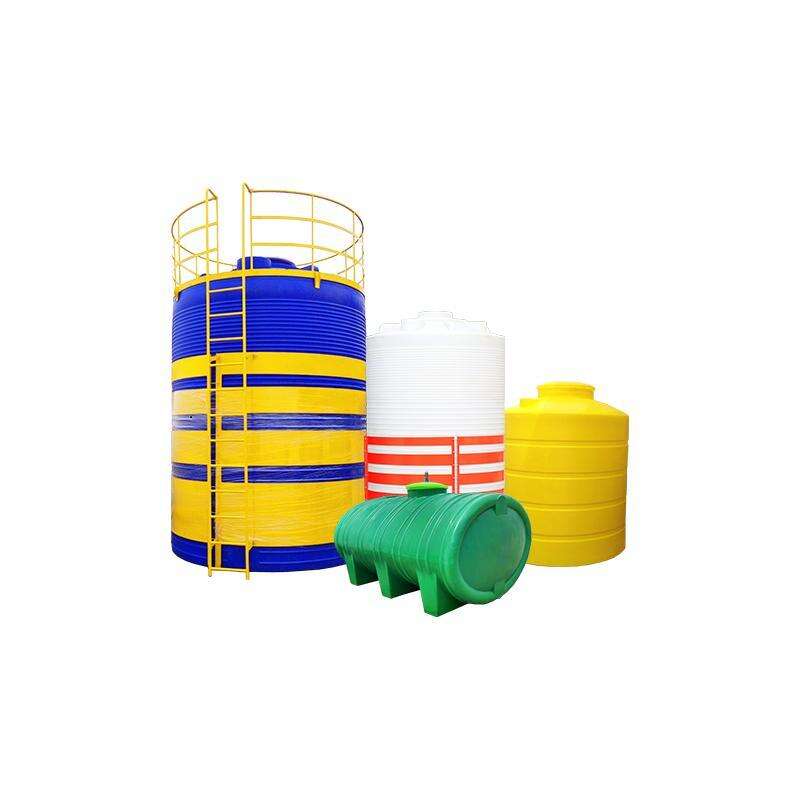 liquid storage containers
liquid storage containers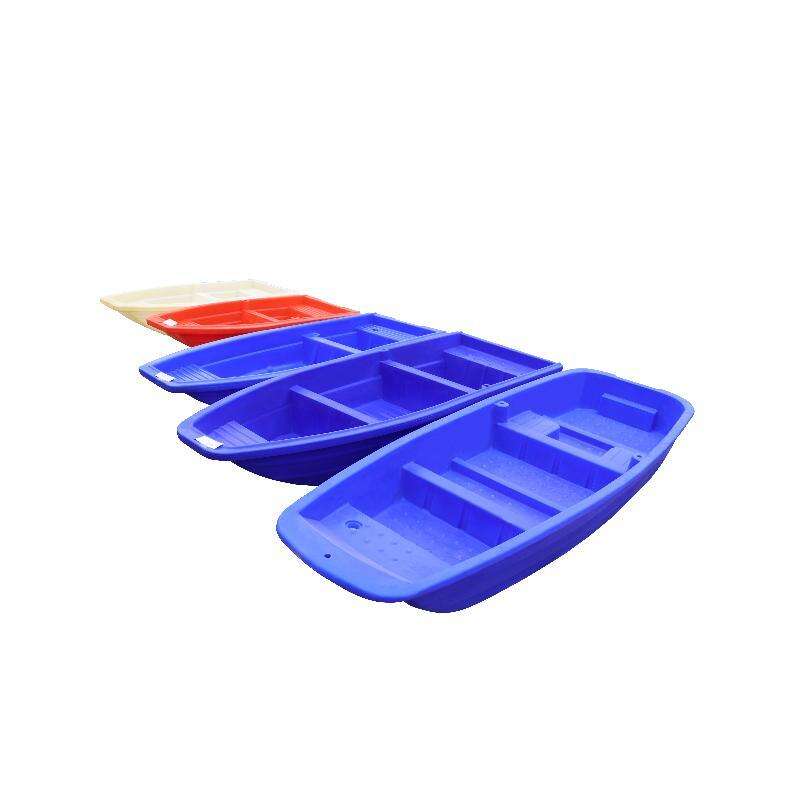 Boat &Aquatic products
Boat &Aquatic products
